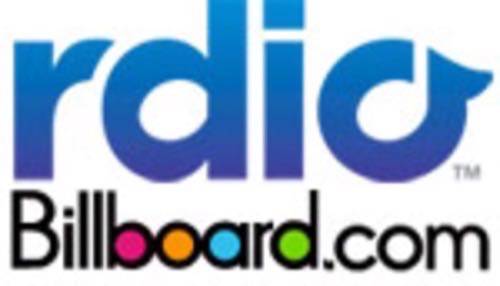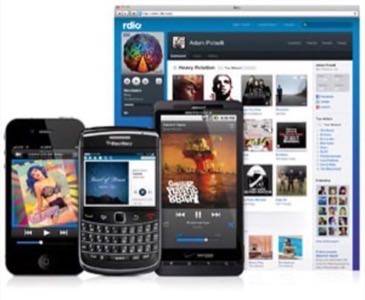Startups flourish when entrepreneurs find new ways to disrupt existing markets and industries. One of the oldest businesses that has been in dire need of innovation is the music industry, and startups have begun to crowd the industry, rethinking the way people share, buy and experience music. Billboard Magazine recently named Rdio, a brand new subscription streaming service with storied founders, the top music startup of 2010 – and how it got there may sound familiar.

Rdio, like Skype, isn’t doing anything terribly innovative or different – it’s just doing it better than most.
Smartphone adoption and increased interest from venture capital investment have created what Billboard writers Antony Bruno and Glenn Peoples call a “renewed digital music land rush.” Rdio, a subscription music streaming service created by
founders Niklas Zennstrom and Janus Friis, earned the magazine’s top honors. When asked about successfully launching a startup in a crowded space, Friis compared Rdio’s launch to that of Skype.
“When we launched Skype, there was probably 10-20 other applications that allowed people to talk for free online,” says Friis. “None of them were really grew, and Skype had a combination of extremely powerful technology packaged into a very simple and easy-to-use product.
As a frequent user of the service myself, I can attest that Rdio is a solid choice for Billboard’s list. Part of the reason I enjoy Rdio over other services, like Friis suggests, is because of both its simplicity and its robust set of features. Rdio, like Skype, isn’t doing anything terribly innovative or different – it’s just doing it better than most.
The Social Music Discovery Feedback Loop
For $5 a month users can stream an unlimited amount of the service’s over 7 million songs to their computers. For twice that price, subscribers can take the tunes on the go with iPhone, Android and BlackBerry apps.
The best use I have found for Rdio in my time with it has been for discovering (and in most cases, eventually purchasing) new music. As a music fan, there are lots of different artists and bands that I have always meant to check out because my friends enjoy them. With Rdio, I have been able to test drive albums before throwing down any cash on them – and when I find songs I enjoy, I pony up.

Rdio has rich social media integration that allows users to discover what their friends are listening to. Recommendations lead to music discovery, which leads to purchases, which in turn leads to others seeing that activity and repeating the loop. And all of this, for me at least, involves music I otherwise would not have been considering purchasing at all.
This kind of feedback loop is valuable to both the consumer and the record labels, and it is what sets Rdio apart from its competition. Strangely, while Billboard recognizes the stiff competition facing Rdio (namely MOG and eventually Spotify), neither of these services made the magazine’s top 10.
Rounding out the top 5 behind Rdio on the list is music video site Vevo, online ticketing startup Songkick, funding platform Kickstarter and Mflow, where users share tweet-like “flows” linking others to songs. RootMusic, Next Big Sound, Guvera, Hello Music an MyWerx complete the remainder of the top 10.
What do you think of Billboard’s list? What did they leave off? Should Rdio be the top choice? Let us know what you think in the comments below!

















